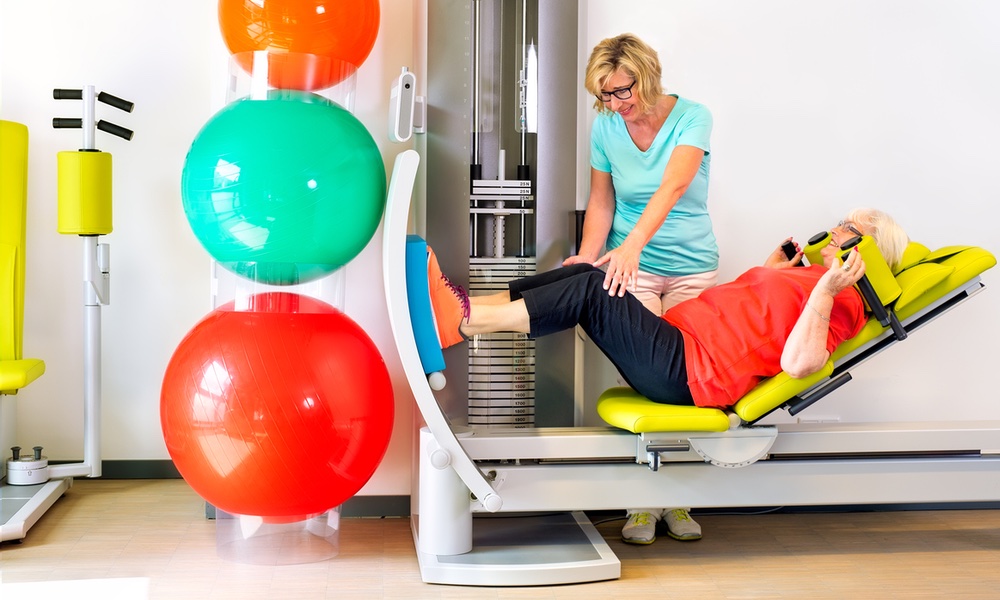A stroke can feel like a lightning bolt that splits life into before and after. It happens when blood flow to the brain is suddenly blocked (ischemic) or when a blood vessel bursts (hemorrhagic), starving brain tissue of oxygen.
Depending on the area in the brain that's affected, a stroke can impair speech, movement or memory. It can leave survivors to navigate physical recovery and emotional upheaval as well.
Now new research offers powerful evidence that not only the brain, but also the mind, play a critical role in the recovery process for stroke patients.
Stroke survivors who had higher levels of hope and a belief in their ability to manage and improve their own health, the Chinese study found, are significantly more likely to engage in behaviors that support recovery.
The study's findings are important since stroke is one of the leading causes of mortality and morbidity worldwide. According to the Global Burden of Disease 2021 study, there are approximately 160 million stroke patients.Rehabilitation exercises can be grueling, speech therapy frustrating and fatigue discouraging. Hope helped patients reframe setbacks that arose as temporary.
To investigate the stroke population, researchers from Hunan University of Chinese Medicine used a questionnaire to survey 521 stroke patients across three major hospitals in Changsha, Hunan Province between June and November 2023. After screening for eligibility and incomplete responses, the researchers ended up analyzing data from 499 participants. Most were over age 60 and recovering from either ischemic or hemorrhagic strokes.
Stroke patients were asked to complete a series of three psychological scales:
-
1. The Herth Hope Index, which measures levels of optimism and positive expectations.
2. The General Self-Efficacy Scale, which assesses confidence in managing one's own health.
3. The Health-Promoting Lifestyle Profile, which evaluates behaviors like nutrition, activity and medication adherence.
Crucially, self-efficacy partially mediated the effect of hope, meaning that nearly 42 percent of hope's influence of health promotion came from boosting patients' confidence in their ability to recover.
“The current findings demonstrate that hope plays a pivotal role in shaping health promotion intentions among stroke patients,” the authors wrote in their study. But why does hope help?
Psychologically, hope generates motivation and directs it toward attainable goals. When patients feel hopeful, they're more likely to stick with therapy, maintain healthy routines and engage in an active social life.
Physiologically, positive emotions like hope can also reduce stress-related inflammation and improve cardiovascular health; both offer critical physical help to patients after a stroke.
While medical treatment remains essential, this study suggests that nurturing patients' psychological health may be just as important as medical care and rehab. Encouraging hope and teaching self-efficacy can be integrated into rehabilitation programs through counseling, peer support and goal-setting workshops. As the authors write, “Hope, self-efficacy, and health promotion intention were significantly positively correlated, with both hope and self-efficacy serving as predictors of health promotion intention. Self-efficacy had the strongest predictive effect.”Stroke survivors who had higher levels of hope and a belief in their ability to manage and improve their own health are more likely to engage in behaviors that support recovery.
Because most participants reported only moderate levels of hope and self-efficacy, additional positive interventions may help, the researchers say. While medicine heals the body, hope and self-efficacy heal the will. Together, they can form the invisible scaffolding for recovery from stroke.
The study is published in Scientific Reports.





